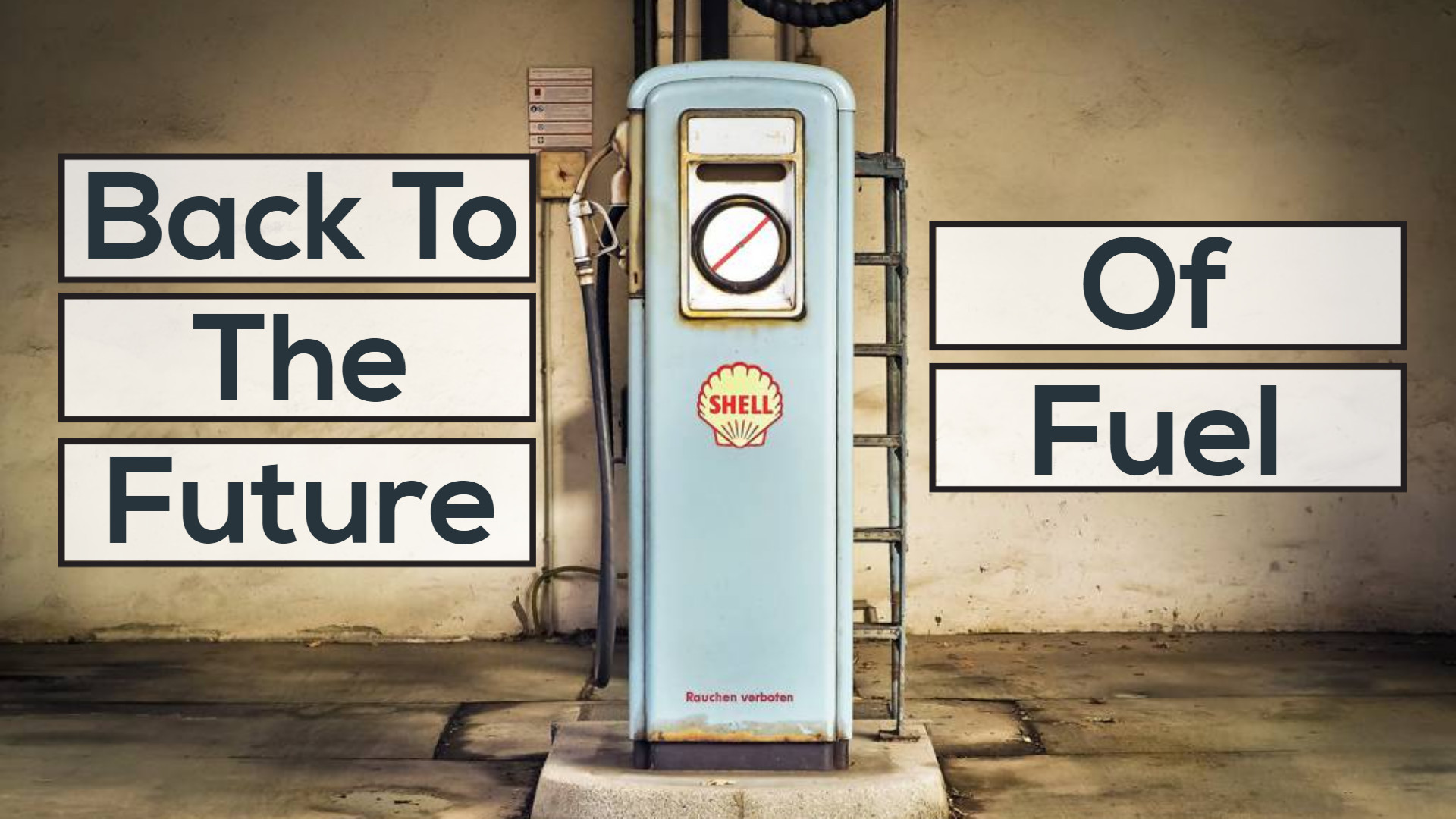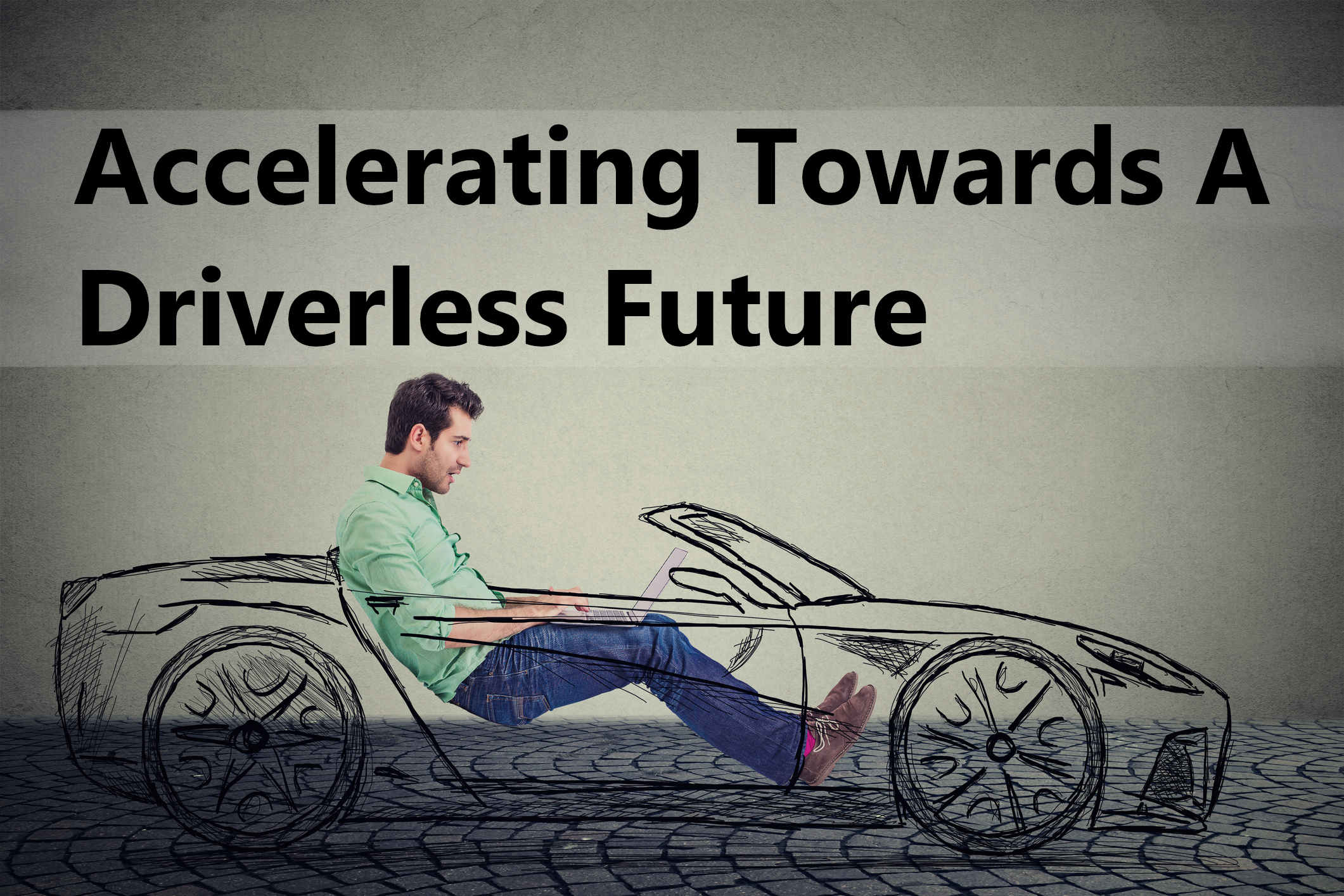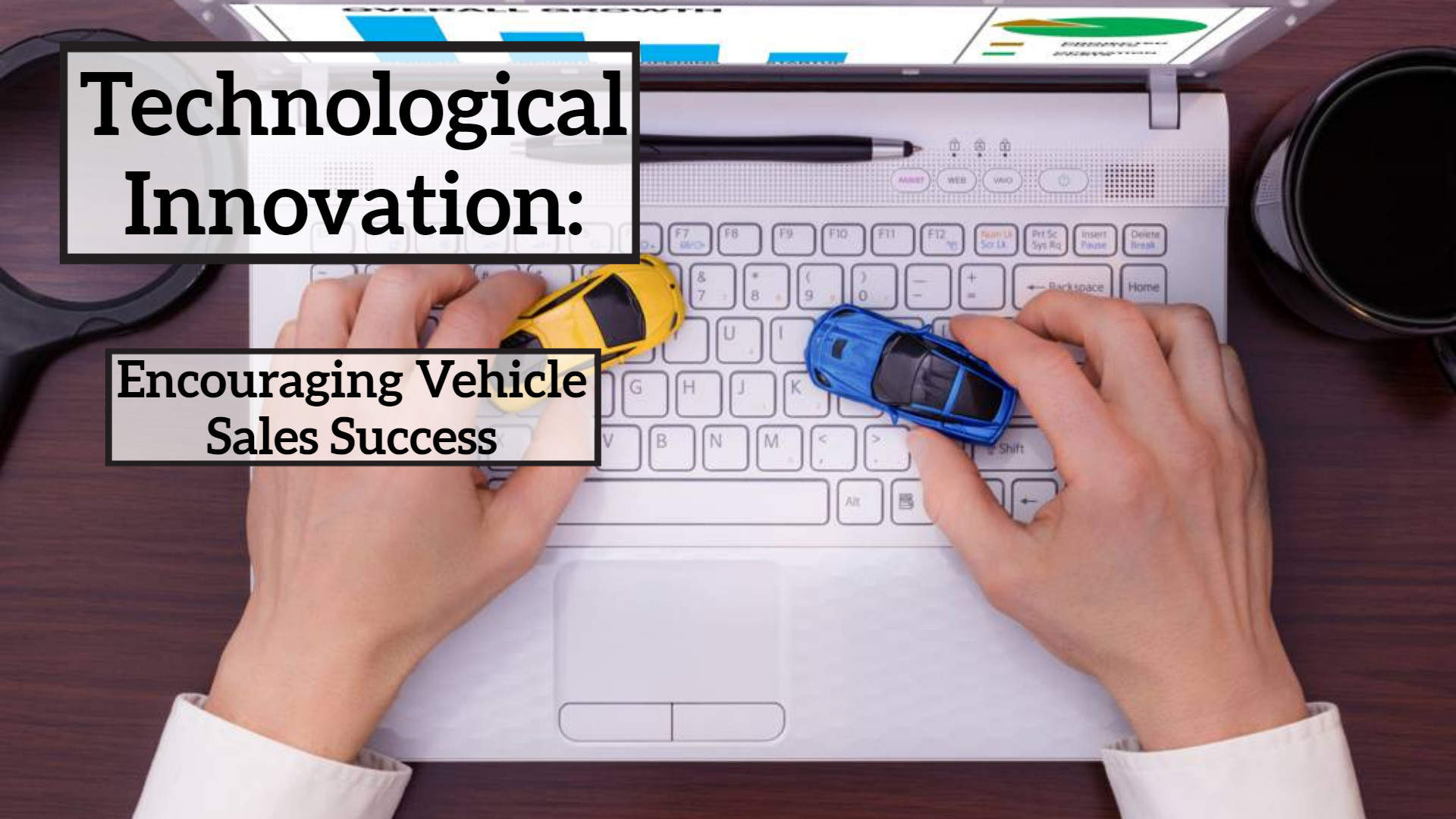
Back To The Future Of Fuel
People collectively refer to them as ‘alternative fuel sources’. People used to consider them a folly- a nice to have, not an essential. But as the world continues to wake up to the dangers of climate change, people are reconsidering. Insurance companies simply can’t stay still.
In last week blog post we delved into the nuts and bolts of electricity as a fuel and discussed how more refined technology is making a difference to conventional internal combustion engines. It’s clear that electrical power will form a significant part of the future fuel mix. In today’s blog, we focus on how this power may be generated and become the next big thing in powering your journeys.
Hydrogen

The advantages of hydrogen fuel cells over internal combustion and even electric battery engines are their respective ranges and charging times. The only thing that comes out of the exhaust of a hydrogen vehicle is water (which is clean enough to drink). Conveniently, refuelling a hydrogen vehicle is a similar process to conventional vehicles and takes a similar length of time, instead of the hours it can take an electric car to reach full charge. But what’s the catch?
The main problem is that hydrogen is rarely found on its own. Instead, it forms a part of other elements (water for example) and the process of extracting it from other substances is difficult and expensive . How you extract the hydrogen is known as electrolysis and requires electricity. The energy to power this extraction creates an interesting consideration because it could come from a renewable source or from a dirty diesel generator.
Another hurdle for fuel cells is that they only work with water – it can’t be steam or ice. So heat management plays an important part in the maintenance of the fuel cells or consumers could end up in a situation where they can’t start their car on a frosty morning.
From an infrastructure perspective, we are not ready for hydrogen fuel. There are currently only around four public hydrogen refuelling stations in the London area. While this will improve over time, it’ll be a huge stumbling block for mass uptake.
Other avenues being explored for hydrogen are for haulage and fleets which could have their own charging stations at their depots. Offering a competitive range to petrol and similar refuelling time, but completely clean – you can see the appeal for lorry firms.
Hydrogen hasn’t taken off as a fuel yet, but it has similar insurance considerations to a battery-powered electric vehicle. Namely, a lack of specialised skills to work on the vehicles should they need repair, meaning a claim could be much more expensive than conventional vehicles. Compounded by this, a hydrogen vehicle being a technologically advanced vehicle with the latest kit could also add to a potential claim bill. What might happen is costs tumble as more development and refinements are made with the technology, as has been the case with battery technology in electric cars.
Biofuel

The term “biofuels” has many meanings, but basically, it is a fuel source that is grown (like
corn ethanol), we can use instead of fossil fuels. Biofuels can be any fuel produced from plant material, historically produced from food crops like corn and soy. But new technologies are producing biofuel from non-edible gases, wood, and other plant waste material.
Technically, petrol and diesel are ancient biofuels and are referred to as fossil fuels because they’re made from decomposed plant and animal life, buried for millions of years. Biofuels, as we understand them today, are similar, but they’re made from plants grown today.
There is intense debate as to the viability of biofuels. The process of growing the crops,
making fertilisers and pesticides, and processing the plants into fuel consumes a lot of energy. It’s so much energy the debate is whether fuel made this way actually provides less energy than it consumes to grow and process it into fuel.
Solar Fuel

Granted, the idea of using solar energy to power a vehicle has seemed like an impossible task until now. The basic idea is to have solar panels dotted all over a vehicle, absorbing the sun’s energy and converting it into electricity to power it. The benefits are potentially revolutionary – a vehicle that’s nearly constantly recharging, meaning minimal charging. The end result would be a completely clean form of fuel (assuming the panels themselves were built responsibly too).
The issues with solar cars begin with the cells themselves. Although they have come on leaps and bounds from where they began, they are just too inefficient to power a vehicle. Remember the scale of the solar farms you’ve driven past? Solar is most efficient when there is a large surface area to cover so it can absorb the most. Keeping efficiency up in the cell, but shrinking it so much that your vehicle can benefit the most is the difficult engineering challenge for solar.
Toyota tested solar in their Prius. They found it was useful in combination with a traditional battery charging set up, but the energy gathered only added four miles to the car’s range.
This might all be about to change however. A Dutch company called Lightyear are intending to bring out a car called Lightyear One that is only powered by solar energy, has a range of between 400 and 800km and can supposedly drive for months without charging.
Alternatively, a German start-up called Sono Motors is developing an electric all-rounder for release in 2019. By all-rounder, it can be charged from its 330 solar panels, or from a normal power outlet, or even chargeable from another electric car.
Before you even entertain the idea of the weather conditions in your area, the cells available just don’t harness enough energy for use in our vehicles. We simply don’t know yet whether solar could have a future as a viable fuel.
The Future Of Fuel

It’s certainly interesting times. When the first automobiles were built, there wasn’t a consensus as to what they should be fuelled by. This led to many different vehicles, all powered differently. These included: coal, steam, electricity and later even toying with the idea of jet engines in cars before settling on petrol as the standard.
It seems that the future of fuel is at a crossroads like it was back then. Many avenues are being explored to take us away from petrol and it’s only a matter of time before the breakthrough happens and we’ll wonder how we ever did without it.
MotorTradeProtect
Interested in finding out more information about keeping your organisation safe, then check out another of our blog posts for more information on The Future Of Electric Vehicle’s & Their Batteries.
For more tips and tricks on all things Motor Trade follow us on Facebook, Twitter & LinkedIn. Or for any enquires regarding a current or future insurance policy visit our website or give us a call on 0800 877 8277
 |  |  |
This article originally appeared on Allianz





